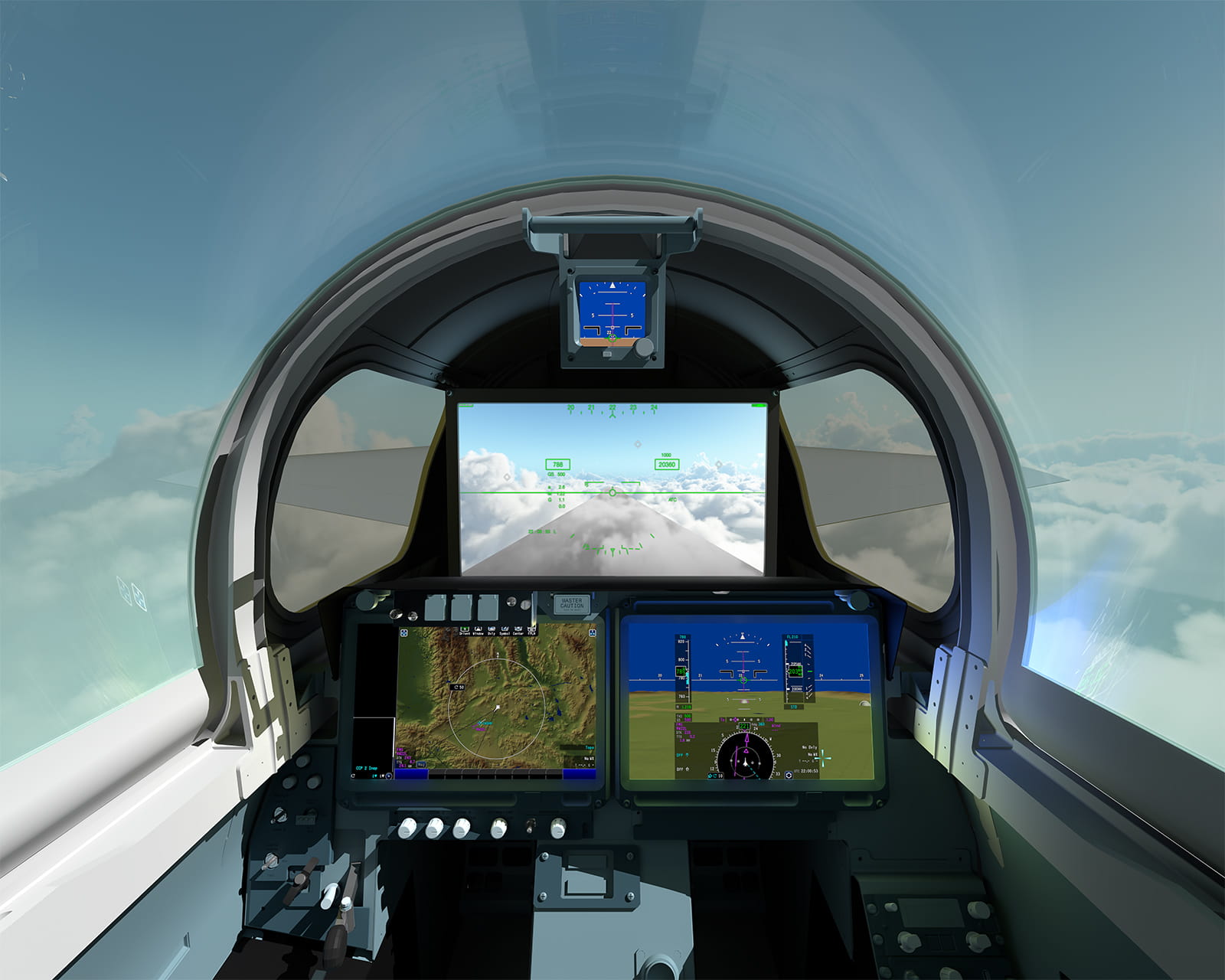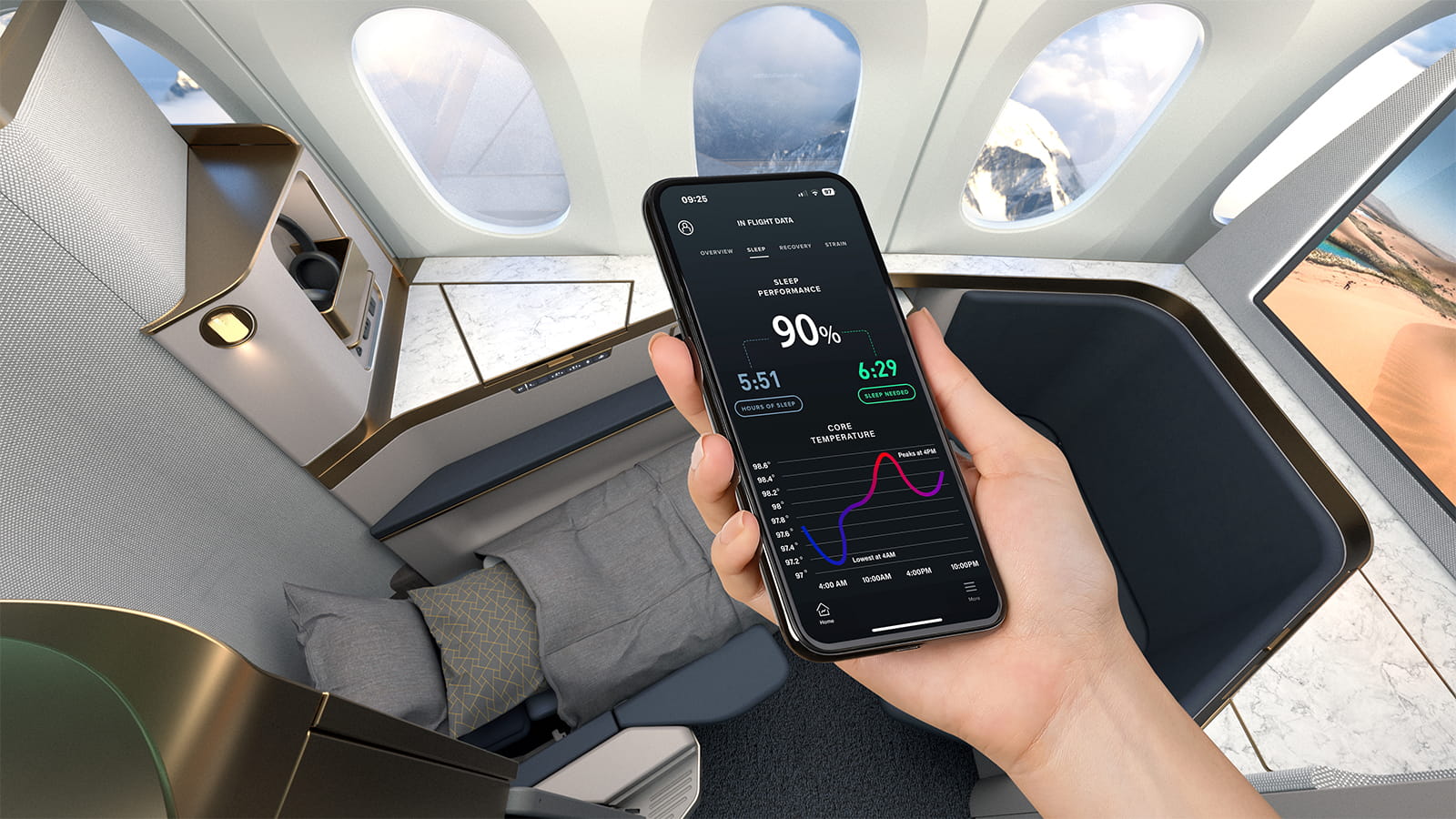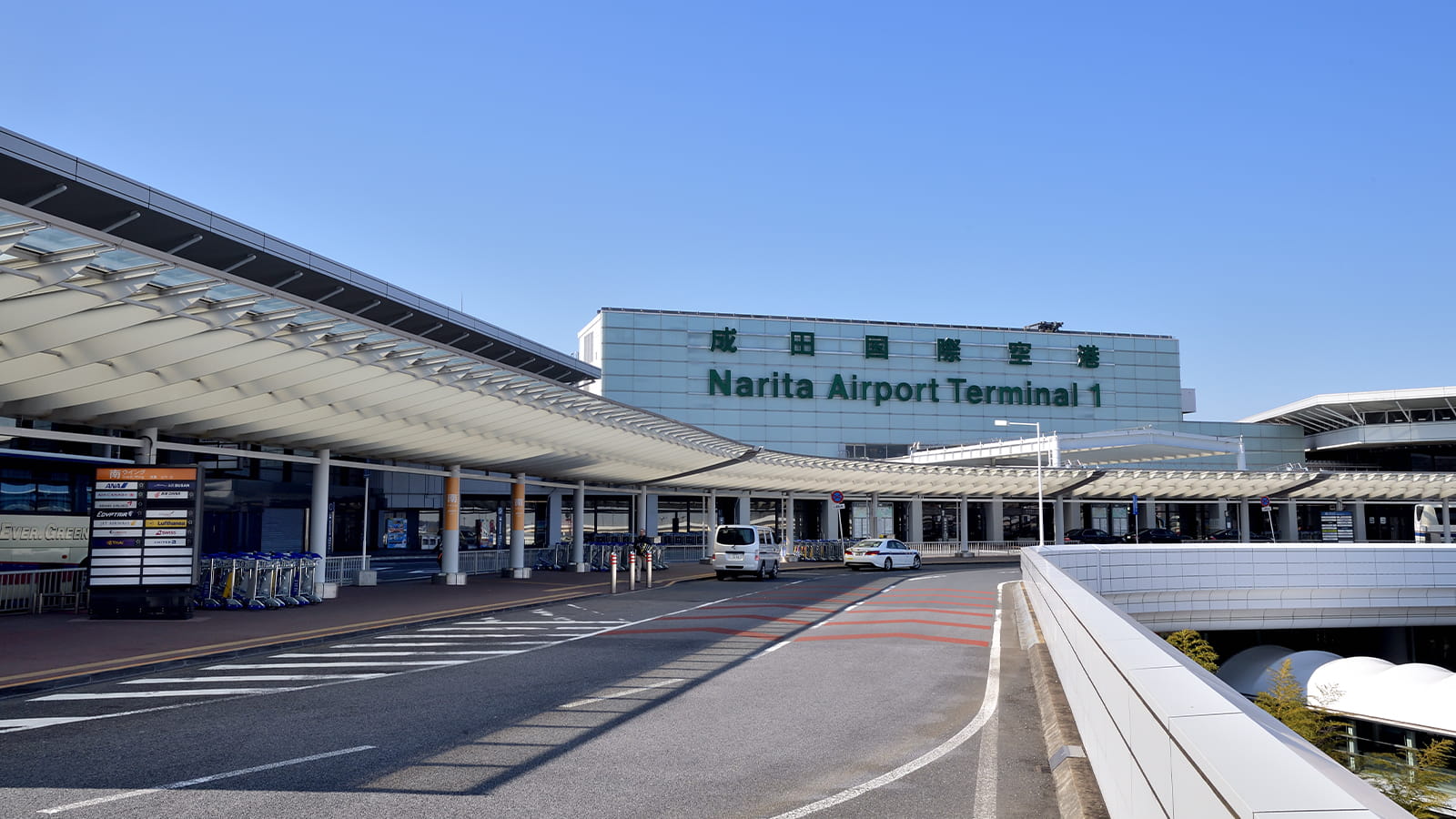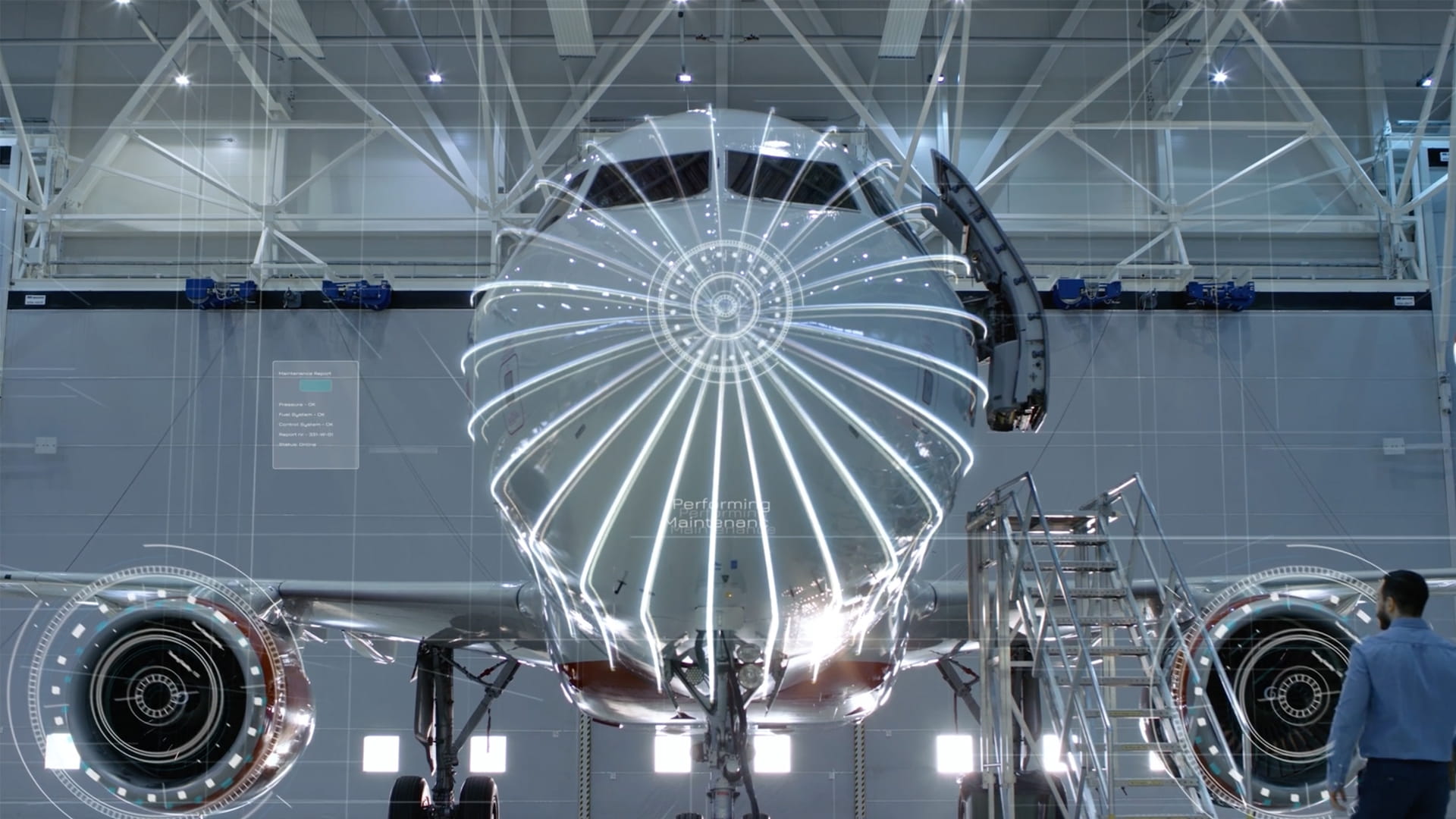Supporting supersonic: Collins Aerospace to provide Environmental Control System and multiple flight control surfaces for NASA X-59 Low-Boom Flight Demonstrator
- ECS will play an integral role in maintaining temperature and pressure for pilot and equipment while the X-59 flies faster than Mach 1
- Company will utilize an out-of-autoclave process to manufacture X-59’s flaps, ailerons and rudder for a cost-effective solution that meets Lockheed Martin’s schedule
- Including previously announced avionics win, Collins Aerospace has now received a total of three awards for the X-59
PARIS (June 17, 2019) – Collins Aerospace Systems, a unit of United Technologies Corp. (NYSE: UTX), has been selected by Lockheed Martin to provide the Environmental Control Systems (ECS), flaps, ailerons and rudder for the X-59 Quiet Supersonic Technology (QueSST) aircraft. Lockheed Martin Skunk Works® is developing the X-59 for NASA to collect data that could make supersonic commercial travel over land possible through low sonic boom technology. Following Collins Aerospace’s earlier announcement that it has been selected to provide the X-59’s avionics, the company has now received a total of three awards relating to the aircraft.
Supersonic flight presents a challenging operational environment for both an aircraft’s pilot and equipment. The X-59 is a technology demonstrator designed to cruise at 55,000 feet at a speed of about 940 mph—similar to a fighter jet, but significantly higher and faster than commercial airliners which generally cruise around 35,000 feet at a speed of about 560 mph. Collins Aerospace’s ECS, from the company’s Power & Controls business, will play an integral role in maintaining temperature and pressure for the X-59’s pilot and equipment while it’s flying faster than Mach 1. The system will be comprised of the engine bleed air system, air conditioning system and cockpit pressure control system. Collins Aerospace is an industry leader in ECS technology, with versions of its system currently flying on multiple commercial and military platforms. By utilizing the company’s proven ECS technology, Lockheed Martin will be able to reduce development time for the X-59.
Leveraging more than 25 years of advanced experience with flight controls, Collins Aerospace’s Aerostructures business will also provide the crucial flight control surfaces, including flaps, ailerons and rudder for the X-59. By working closely with Lockheed Martin on this design, the Aerostructures advanced manufacturing team will utilize an out-of-autoclave process for a cost-effective solution that meets Lockheed Martin’s schedule.
“The X-59 has the potential to completely disrupt commercial air travel and forever change the way we move around the world,” said Henry Brooks, president, Customer & Account Management. “At Collins Aerospace, these are exactly the kinds of initiatives we’re committed to supporting as we redefine aerospace. We’re proud to collaborate with Lockheed Martin and NASA to provide these critical systems that are integral to the X-59’s success.”
The X-59, which is expected to take its first flight in 2021, is designed to create a sound about as loud as a car door closing, instead of a sonic boom when heard from the ground. It will be used to collect data on the acceptability of the quiet sonic boom generated by the aircraft, helping NASA establish an acceptable commercial supersonic noise standard to overturn current regulations banning supersonic travel over land.
About Collins Aerospace
Collins Aerospace, a unit of Raytheon Technologies Corp., is a leader in technologically advanced and intelligent solutions for the global aerospace and defense industry. Collins Aerospace has the extensive capabilities, comprehensive portfolio and broad expertise to solve customers’ toughest challenges and to meet the demands of a rapidly evolving global market. For more information, visit CollinsAerospace.com.
About Raytheon Technologies
Raytheon Technologies Corporation is an aerospace and defense company that provides advanced systems and services for commercial, military and government customers worldwide. With 195,000 employees and four industry-leading businesses ― Collins Aerospace, Pratt & Whitney, Raytheon Intelligence & Space and Raytheon Missiles & Defense ― the company delivers solutions that push the boundaries in avionics, cybersecurity, directed energy, electric propulsion, hypersonics, and quantum physics. The company, formed in 2020 through the combination of Raytheon Company and the United Technologies Corporation aerospace businesses, is headquartered in Waltham, Massachusetts.
Media Contacts
Al Killeffer
Power & Controls
Sustainability
Joel Girdner
Interior Systems
Hervé Tilloy
Europe and the Middle East
JB Brindle
Avionics
Connected Aviation Solutions
Linus Terh
Asia Pacific
Liz Maddy
Mission Systems
Lori O'Donley
Advanced Structures
Erin Callender
Director, Global Media Relations




